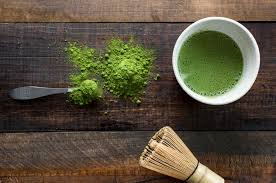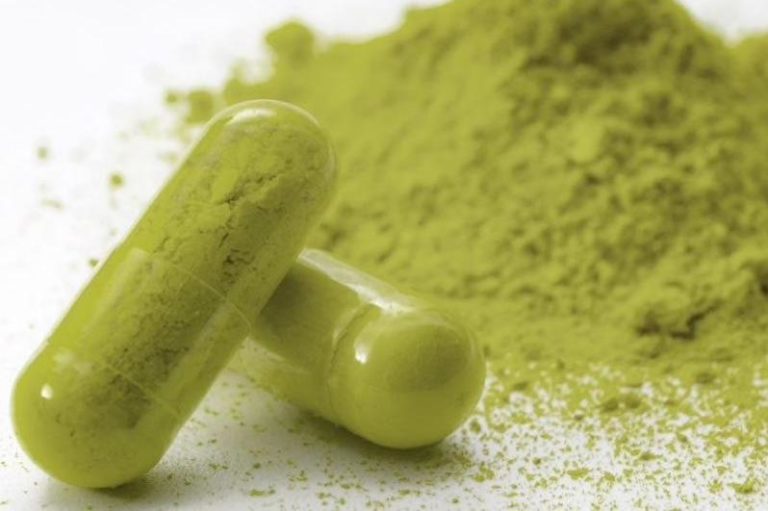The Folly of the DEA’s War on Kratom

Last fall, the U.S. Drug Enforcement Administration served a 30-day notice of a plan to put kratom, a botanical supplement in the coffee family, in the same category as heroin and LSD. The DEA was not prepared for the resulting massive public outcry over what amounted to a de facto ban on a product that three-five million Americans consume responsibly. Even worse, the federal drug agency ignored the fact that there was no real evidence of a kratom-related health emergency.
The backlash against the DEA was unprecedented. A petition to the White House attracted more than 140,000 signatures, a major protest was held in Washington, D.C., and when the DEA backpedaled and allowed for a public comment period, it was deluged in late 2016 with feedback from more than 23,000 Americans — more than 99 percent of whom opposed the scheduling of kratom.
How do we know that any such claim about kratom is a hoax?
The American Kratom Association asked Dr. Jack Henningfield of Johns Hopkins University, one of the world’s leading experts on drug abuse and addiction to undertake a close examination of kratom. He found that that there is “insufficient evidence” for the U.S. DEA to ban or otherwise restrict the coffee-like plant kratom under the Controlled Substances Act.
Here is what the Henningfield analysis and related commentary from AKA concluded:
“For both abuse potential and dependence liability, kratom’s profile is comparable to or lower than that of unscheduled substances such as caffeine.” That’s right — kratom is about as dangerous to you as a cup of coffee. In fact, the analysis found that kratom’s potential for abuse and dependence is as low or lower than such widely used and unscheduled substances as “nutmeg, hops, St. John’s Wort, chamomile, guarana, and kola nut.”
So, what do we really know about kratom?
Kratom is a natural botanical supplement safely consumed by millions of Americans daily. I am one of those people. Like caffeine when used responsibly, kratom is enjoyable, safe, rarely associated with any serious adverse effects, and not prone to serious abuse. Kratom simply does not pose an imminent threat to the public health. Rather, kratom is more reasonably characterized as a dietary supplement and could be regulated as such by the FDA.
Reasonable oversight — not regulatory overkill — is all that is needed when it comes to the coffee-like supplement kratom, which has helped me, and hundreds of thousands of other Americans, gain a new lease on life.




